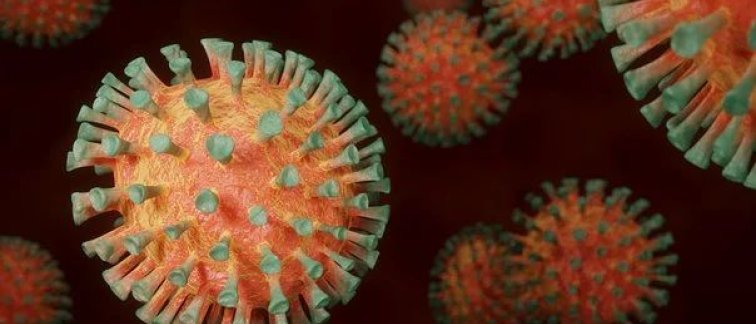According to the Amsterdam virologist, four hundred vaccines are needed to test how the vaccine works in about two hundred people who have had the virus.
One vaccination
These people may only need one vaccination instead of the usual two. This has to do with the fact that our immune system builds up a memory after an infection, says De Jong. "The next time your body comes into contact with the virus again, it allows your immune system to quickly produce antibodies."
After the first vaccine, it is checked what this has done for the antibodies in the blood, and whether this corresponds to someone who has not had a corona and received two vaccinations.
Cohort group
As far as De Jong is concerned, he can start tomorrow. "We can do the research quickly, partly with care workers. They are already receiving a vaccine and some have already had corona. But even more important is the group of the cohort study."
The group consists of about three hundred people who have had a mild version of COVID-19, or have been more seriously ill and has been followed for some time by De Jong and his colleagues. These are people who are infected in the first wave, in the second wave and people with an underlying disease. The virologist expects that about two hundred of them will participate in the study.
"We have fully mapped out the clinical picture of these people and we know, for example, when the infection took place and how high the percentage of antibodies in the blood was at what time. A nice group to look at what one vaccine does. And what two vaccinations do. to do."
Scarcity
The question is whether the Amsterdam UMC is eligible for four hundred vaccines with this research, because there is scarcity. "If we can make our wish for the research a reality, we could draw the first conclusions after a month. This is done by comparing the concentration of antibodies in our cohort group, with the concentration of antibodies in all those studies where the effectiveness. 90 percent was. "
The question, according to De Jong, is whether the concentrations of antibodies in the two groups correspond. "If we see high levels of antibodies in people who have had one vaccination, we can take the step of giving this group only one vaccination."
Save half a million vaccines
The research proposal will be sent to the National Institute for Public Health and the Environment (RIVM) today. They recognize that one vaccination per person can make a big difference, but it takes many steps. The European Medicines Agency has approved the vaccine on two injections. Going back to one vaccination will have to be approved again. It is also important what the Health Council and the Medicines Evaluation Board think about this, because they initially issued an advice based on two injections.
"In the Netherlands, nearly 1 million Dutch people have now been tested positive for the coronavirus. If they all only need to be vaccinated once, that could save half a million vaccines," says virologist de Jong.

